In the world of job hunting, your internship resume serves as a beacon, announcing your professional aspirations. While some may view it as just another work resume, its true…
continue reading50+ Sample Resume
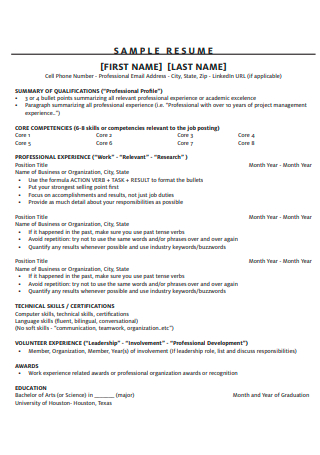
Sample Resume Template
download now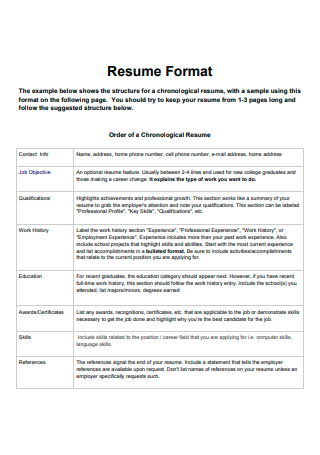
Resume Format
download now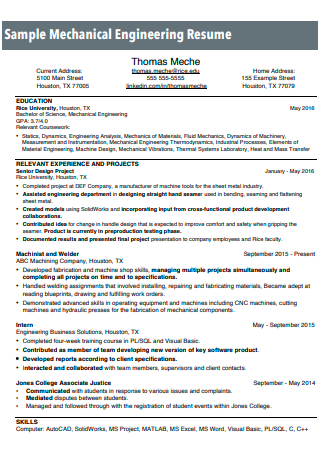
Mechanical Engineering Resume
download now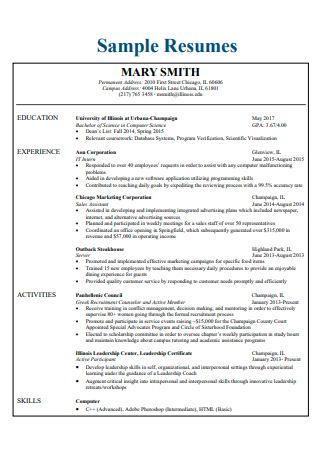
Sample Resume in PDF
download now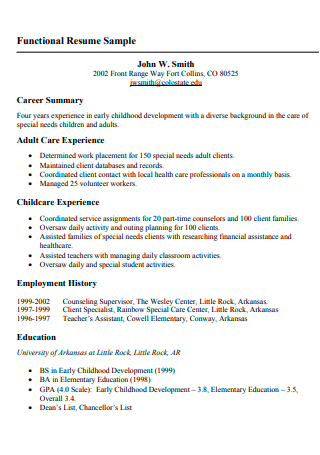
Functional Resume
download now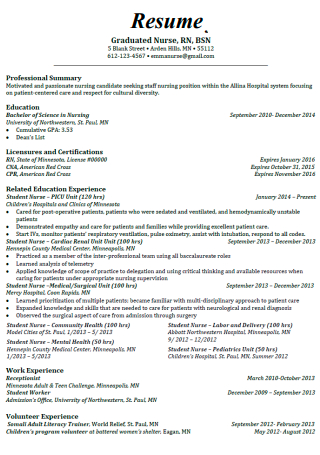
Graduate Nurse Resume
download now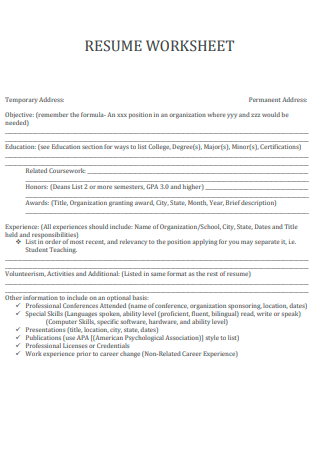
Resume Worksheet
download now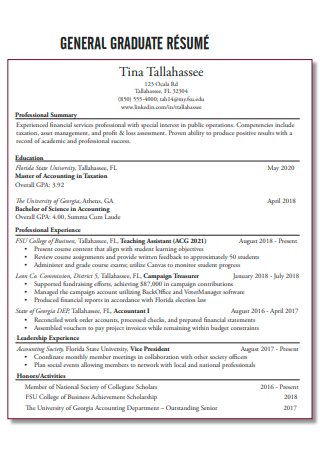
General Graduate Resume
download now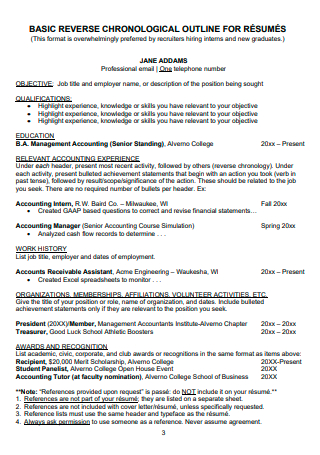
Basic Reverse Chronological Outline For Resumes
download now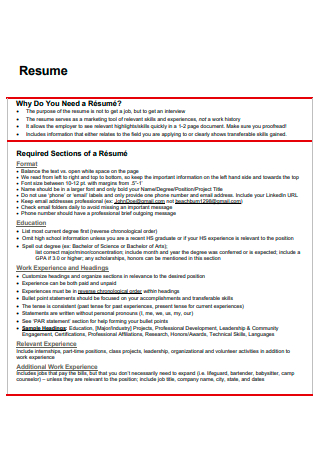
Simple Resume
download now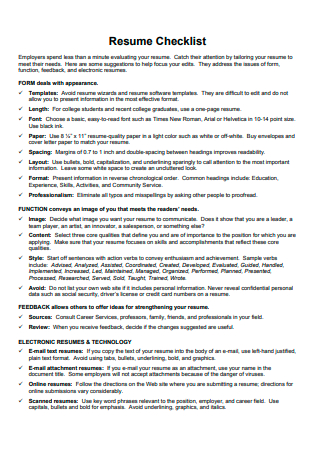
Resume Checklist
download now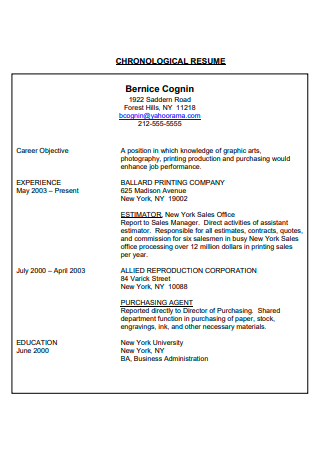
Chronological Resume
download now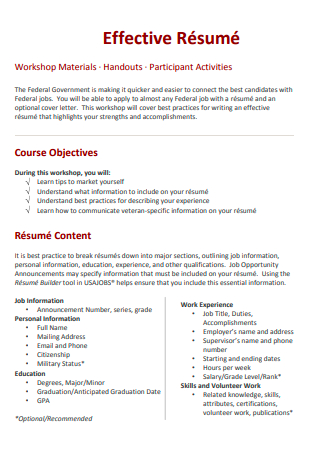
Effective Resume
download now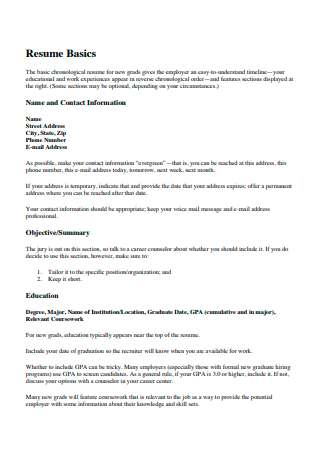
Basic Resume
download now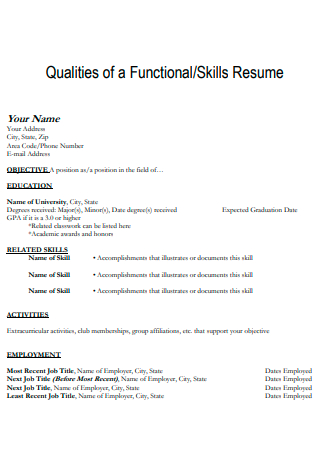
Skills Resume
download now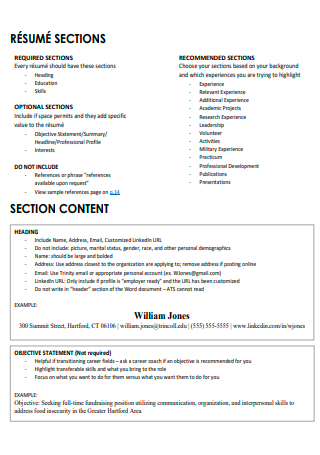
Resume Sections
download now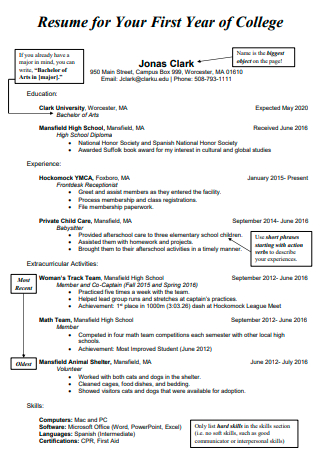
First Year of College Resume
download now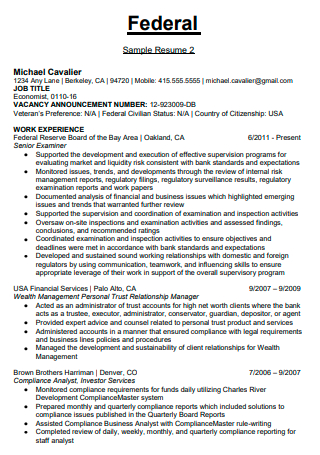
Federal Resume
download now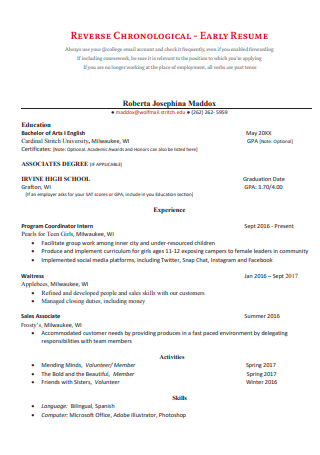
Reverse Chronological Early Resume
download now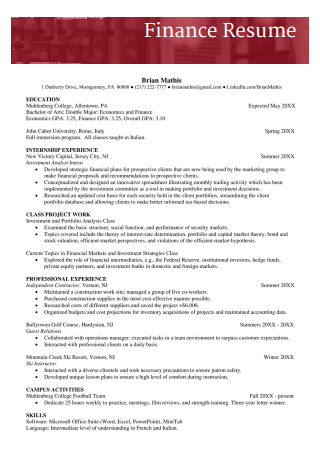
Finance Resume
download now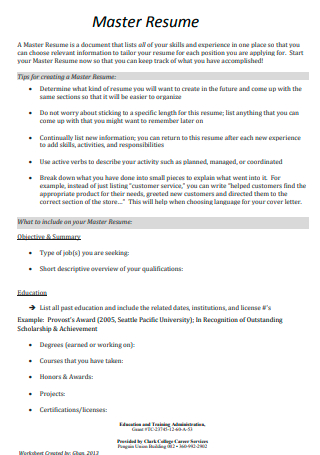
Master Resume
download now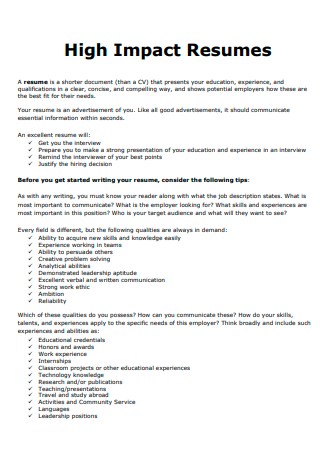
High Impact Resumes
download now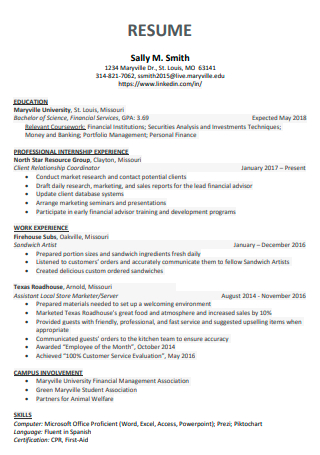
Resume in PDF
download now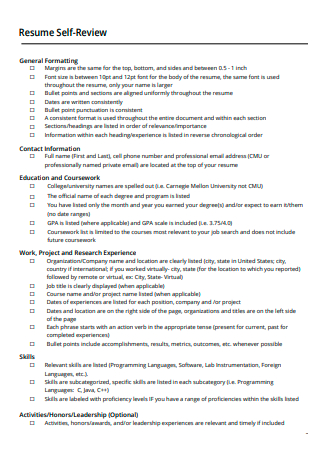
Resume Self-Review
download now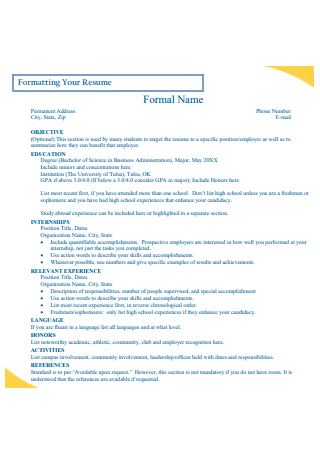
Formal Resume
download now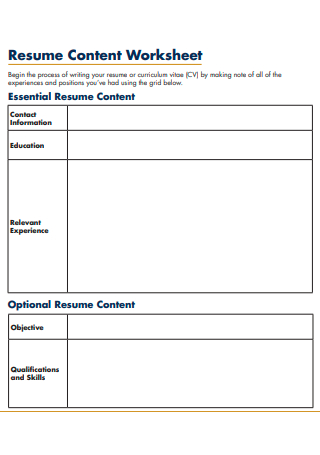
Resume Content Worksheet
download now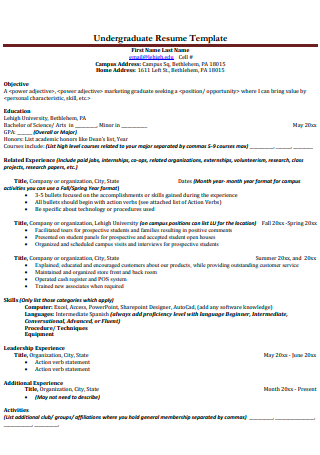
Undergraduate Resume Template
download now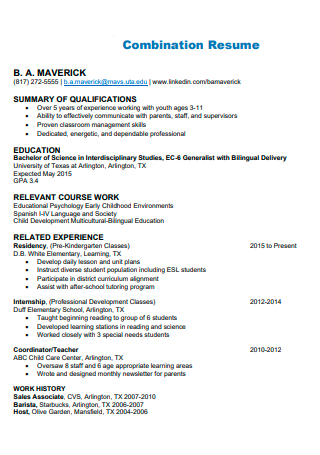
Combination Resume
download now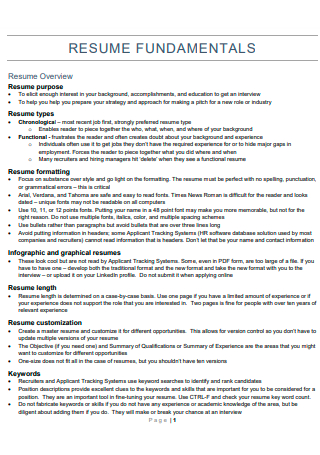
Resume Fundamentals
download now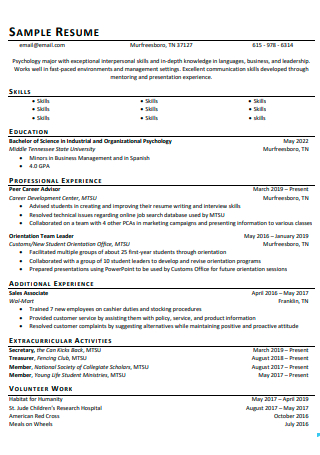
Draft Resume
download now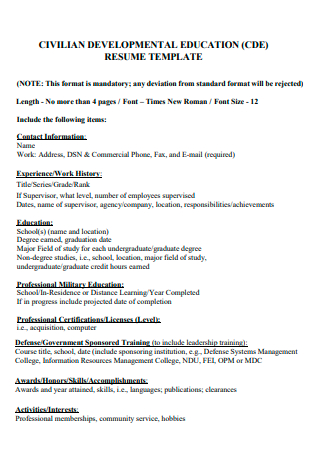
Civilian Developmental Education Resume
download now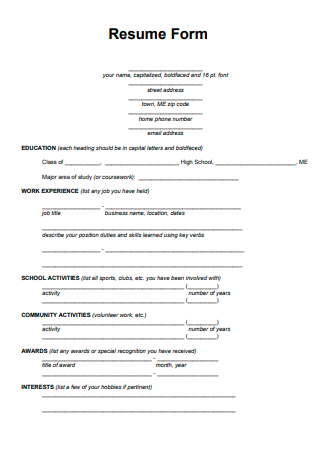
Resume Form
download now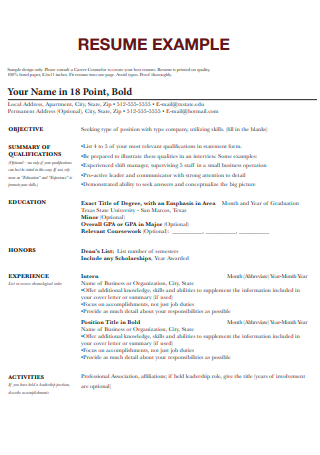
Resume Example
download now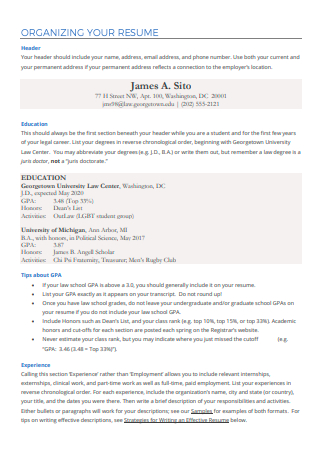
Organizing Resume
download now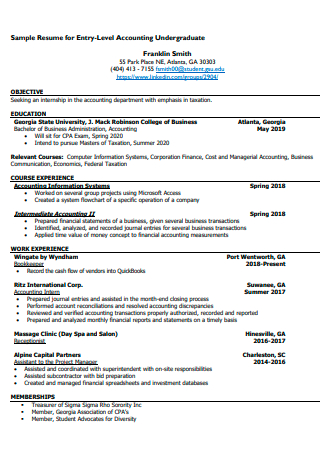
Accounting Undergraduate Resume
download now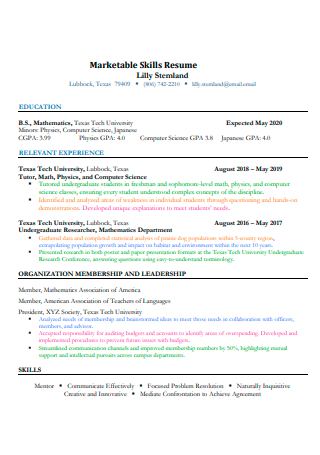
Marketable Skills Resume
download now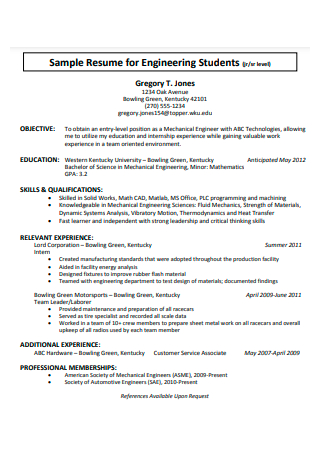
Engineering Students Resume
download now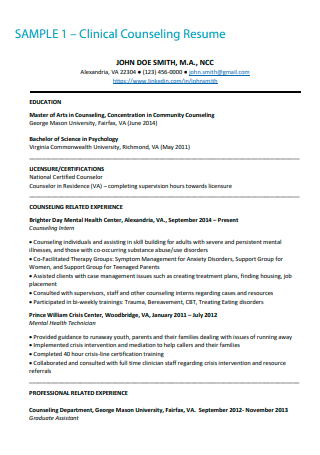
Sample Clinical Counseling Resume
download now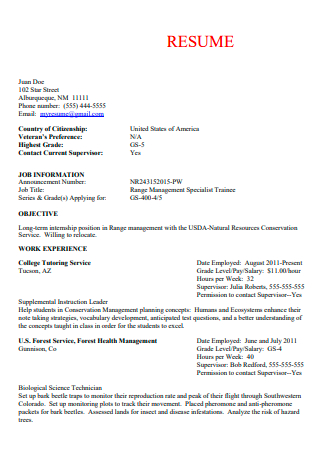
Printable Resume
download now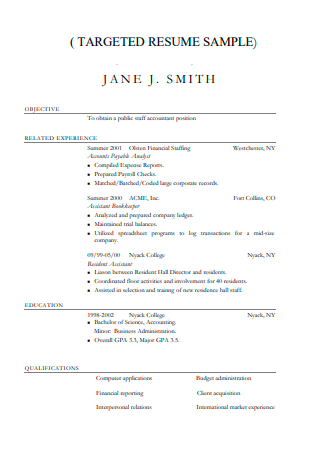
Targeted Resume
download now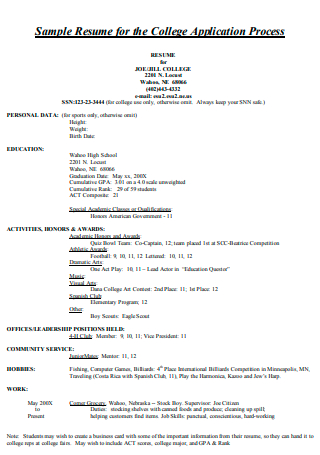
Sample Resume For the College Application Process
download now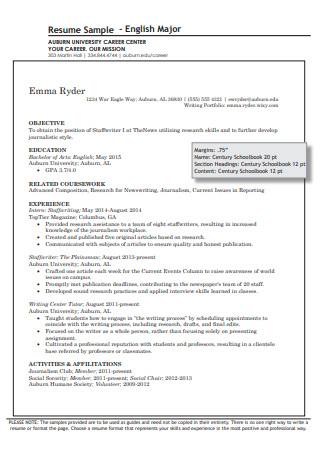
English Major Resume
download now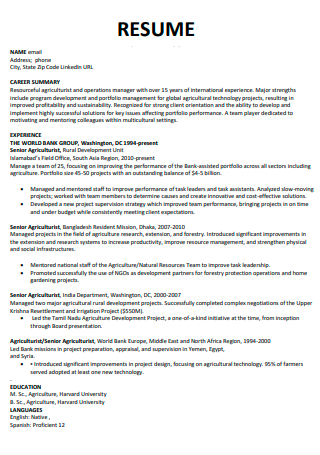
Standard Resume
download now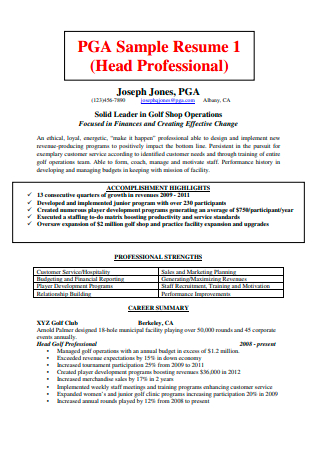
Professional Resume
download now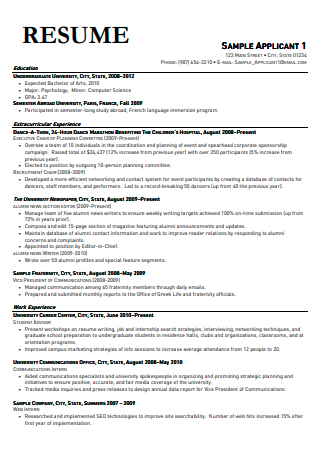
Sample Applicant Resume
download now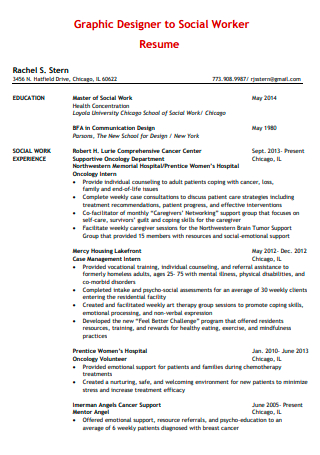
Graphic Designer to Social Worker Resume
download now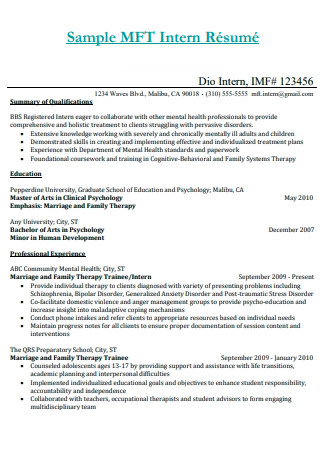
Sample Intern Resume
download now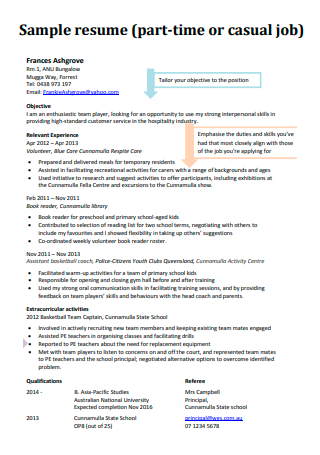
Part Time or Casual Job Resume
download now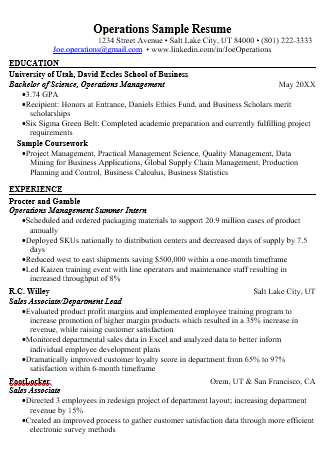
Operations Resume
download now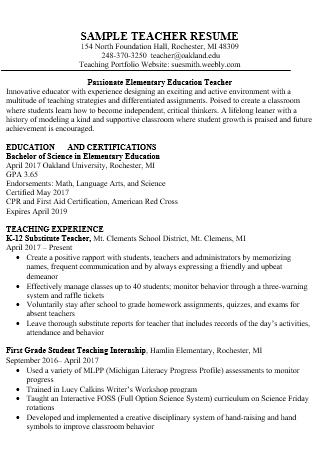
Sample Teacher Resume
download now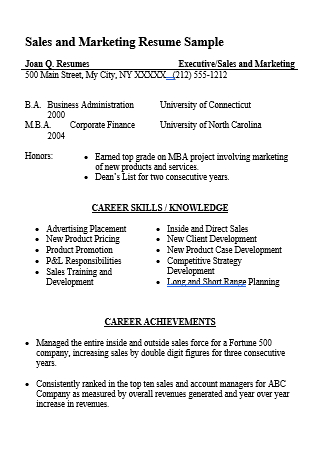
Sales and Marketing Resume
download now
What Is a Resume?
A résumé is a document that a person sends to a recruiting firm in order to be considered for a specific job position. It comprises stating their qualifications and skills and is typically a condensed description that fits on a single page. Its goal is to present a person’s skillset in a concise yet descriptive manner that will catch the recruiter’s attention and be passed on to the Hiring Manager. However, unlike a curriculum vitae, which presents all of a person’s academic achievements in great detail while also displaying their experience, a resume paints a succinct picture that is tailored to the position a person is seeking for. It is preferable to write a résumé that is linked with the job description rather than one that is ambiguous.
During a job hunt, a well-written and clear resume is essential. According to a TopResume job search statistic, most resumes do not make it beyond the ATS (applicant tracking system)—software that sorts and scans resumes based on job position. In other words, it rejects the least-qualified candidates based only on the content of the resumes it gets before any human staff may read and analyze them. It is a tough system, but that’s why it emphasizes creating a well-written resume for a specified position and following a specific resume format. A resume is the first step toward achieving your career plans.
Pointers For a Good Resume
Before bracing for the inside of the office, one must first achieve the prerequisites for entering there. It does not begin with passing a recruitment test, but with submitting a great application. It’s akin to war in that only the right fit can begin training, while the least qualified must remain and look for another position. So, the struggle for creating an appealing resume begins, and here are some pointers to help you produce a decent one.
Common Resume Mistakes
Mistakes in life give us the lessons we need to know. That old adage, “experience is our best teacher,” is true. However, frequent errors may result in resignation letters rather than advancement in your career development plan. But, before you can reflect on such things, you need to get that job first. And here are some resume-writing mistakes to avoid.
Tips On How to Make a Resume
Alas! We’ve arrived at this point. While you can get sample resume templates on Sample.Net or search for resume maker on the internet, a resume still needs a personal touch. And, while we can rely on the internet, knowing how to build a resume is still useful. Here are tips for writing your resume and what content you can include:
Tip 1: Write a Job Objective or Career Summary
The work objective or overview of what you do and who you are comes after your personal information (see Common Resume Mistakes for what you should avoid placing as personal information). It should be brief but to the point. It will also clarify the type of job you wish to accomplish and how your skills are appropriate for the position. While this section is optional, it may be a relevant aspect in making the hiring professionals remember you more.
Tip 2: Brief Educational Background
Remember to keep it brief. When listing your educational background, keep it as short as possible. Write the school where you completed your education, as well as your accomplishments and honors. Don’t forget to include your GPA as well as the years you studied. For recent graduates, education background should be listed first, however for those with prior work experience, this section should be listed after work experience.
Tip 3: Summarized Work Experience
You can include all of your work history or just the ones that are relevant to the position you’re looking for. For recent grads, you can still include any voluntary or school activities you have participated in, as well as highlighting the skills, in the work experience section. In this part, you can quickly describe what you used to do at your prior job and any expertise you picked up along the way.
Tip 4: Relevant Certifications
Aside from your educational section, where you can mention your educational history, you can also list any pertinent certifications and accolades you’ve acquired or gained in the certification section. However, ensure that it is somehow related to the job for which you are applying.
Tip 5: Highlight Your Skillset
Your skills are your most valuable asset. To make yourself more desirable to hiring managers, list the important talents you’ve learned from your degree or previous employment, as well as how they connect to the job position, you’re applying for. It is preferable if you do not lie in this area, since the Hiring Manager will want you to thoroughly demonstrate what you believe you are capable of. The skillsets might range from being tech and computer savvy to being able to communicate in a foreign language. However, be certain that it is relevant to the job.
Tip 6: Include References
References are written at the end. This is significant because your employer will want to validate the assertions you make in your Resume. They want to know if you are who you claim to be on your résumé. For a recent graduate, for example, they can include the names of their professors and trusted mentors as references, persons who can attest to their competence. Direct superiors and coworkers can be listed as references for those who have previously held a job. Make sure you provide their contact information in addition to their name.
FAQS
What Is the Difference Between a CV and a Resume?
A Curriculum Vitae is a document that summarizes all of your professional experience, as well as extensive information about your educational background and skills, and any scientific research and publications. It’s a lengthy overview of your entire career. A resume, on the other hand, is normally one page long and highlights your qualifications for the job for which you are seeking. It emphasizes the most noteworthy experience and skills.
What Should I Put Under Experience If I Don’t Have Any?
As previously said, you can include any volunteer work or school activities you have engaged in as part of the experience area because it will still showcase the skills you’ve earned within that. However, if you do not have any, you can simply showcase your work ethics, highest educational attainment, and skills. In this way, it will assist you in obtaining employment.
Why Are References Important in a Resume?
People that are included as references will vouch for your resume’s claims. They can attest to your abilities and work ethics. It will be easier for your prospective employer to believe you are who you say you are if they hear it from trustworthy sources.
There you have it, all the pointers and ideas for creating your resume, from the best font for resume to how to make a resume. It’s a lot, but you can do it if you choose the appropriate resume format and one of the sample resume templates! Then you’re ready to go. To avoid mistakes, make a note of what you should and should not include. Best wishes!


